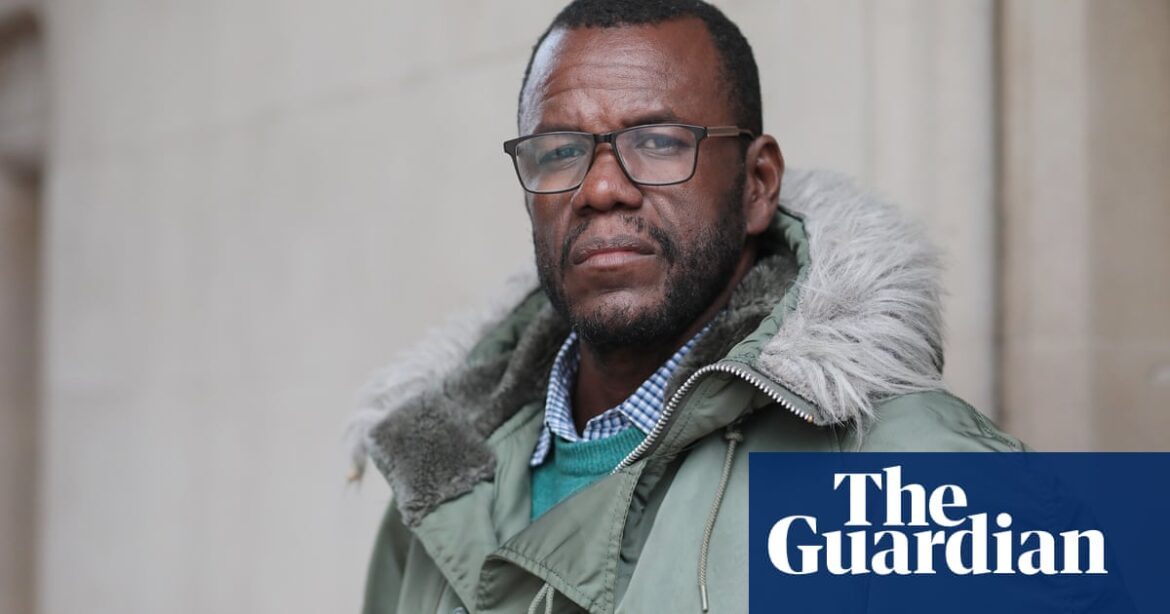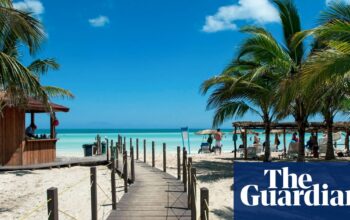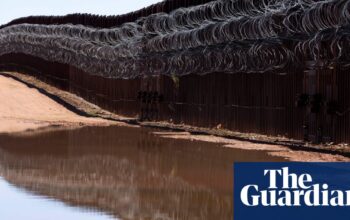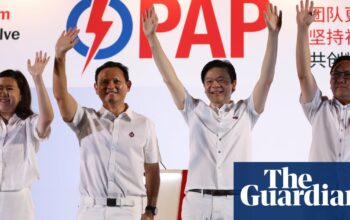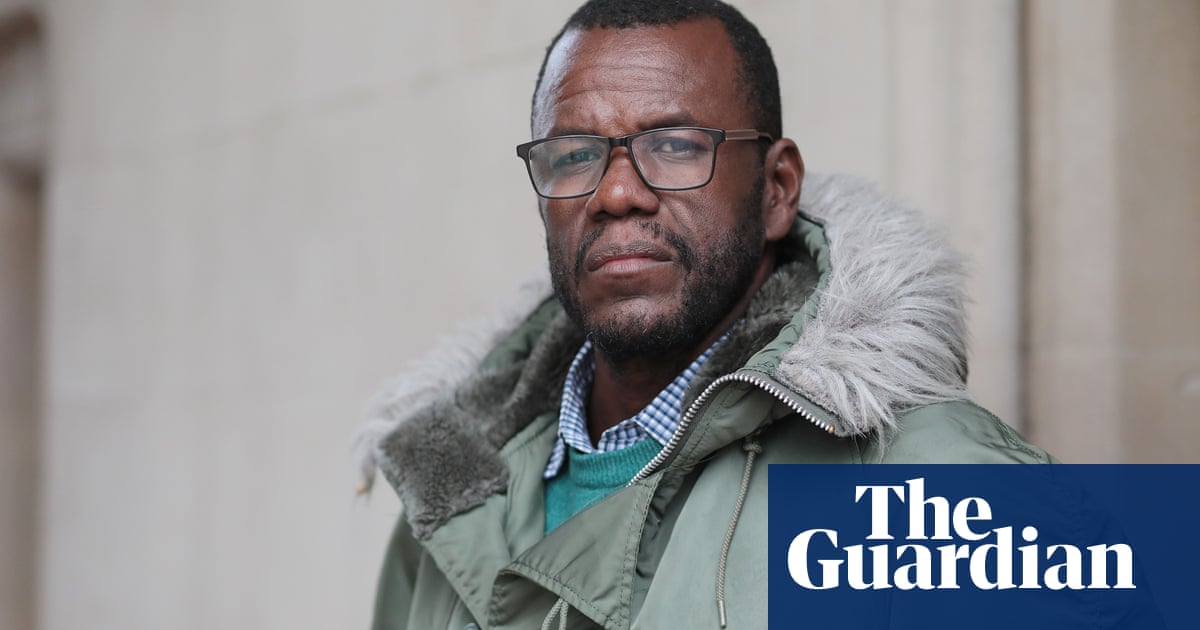
“I am extremely fearful,” expresses Adil Meléndez Márquez, a lawyer from Colombia, the day after receiving an award in London for his dedication to defending human rights.
Meléndez has become accustomed to receiving death threats due to his involvement in cases involving Colombia’s lengthy civil war, issues of environmental justice, and corruption. However, the situation has recently become much more frightening. Ironically, just 20 minutes after accepting the Sir Henry Brooke award from the Alliance for Lawyers at Risk, his bodyguards informed him that they were no longer providing him with protection, leaving him vulnerable.
Meléndez, an Afro Colombian human rights lawyer, spoke with the Guardian in London and expressed that he is a rare individual in Colombia. He works primarily on cases for Afro Colombian and Indigenous communities, often in regions controlled by paramilitaries instead of the government. At the age of 12, he was abducted and has personally witnessed the violence that plagues the country. Since joining Movice (movement of victims of state crimes) in 2006, he has faced threats.
After being threatened, Meléndez brought his case to the Inter-American Commission on Human Rights, a branch of the Organization of American States. In 2009, the commission ordered Colombia to provide protection for him. For the first eight years, this included three personal bodyguards and a bulletproof car. However, the car was eventually removed and one of the bodyguards was taken away, leaving him with only two until last week, according to Meléndez.
Meléndez characterizes his job as confronting “government officials, corporate agendas, livestock farmers, the military, and paramilitary factions”.
He elaborates by stating that “[foreign] companies are exploiting rampant corruption and violence for their own gain. Their actions disregard the rights of communities and solely focus on the exploitation of natural resources. This allows them to avoid providing compensation or seeking justice for affected communities, as the rule of law does not hold them accountable.”
Meléndez has been working to resist the upgrade of the 115km Canal del Dique in Colombia’s Caribbean region. He played a role in getting the project temporarily suspended and believes that it did not undergo proper consultation as required by law. He also argues that the project involves privatizing rivers, which are crucial sources of life for Afro-descendant communities. As a result of the suspension, a Colombian minister labeled him an “enemy of development.” These words were echoed by the paramilitary group and drug cartel, Autodefensas Gaitanistas de Colombia (AGC), also known as the Gulf Clan.
While he counts Colombia’s president, Gustavo Petro, the country’s first leftist head of state, as a friend and acknowledges his lack of control over swathes of the country, at the same time he says disapprovingly: “President Petro speaks in international fora about the protection of the environment but in his own country his government is awarding contracts to a project that is damaging to the environment.”
Meléndez does not hold Petro responsible for the dismissal of his bodyguards, as he believes it was done by someone of lower rank. However, he believes it is the responsibility of the president to ensure that they are reinstated. Failing to do so would go against the regulations of the Inter-American Commission on Human Rights, according to Meléndez. He also mentions that he has had to suspend all his current activities and may even have to make the difficult decision of not returning to Colombia.
But, he is optimistic that the award he received in London, referred to as a recognition for those who challenge authority and oppose it, could provide some form of safety. “This award increases my visibility,” he stated. “It serves as proof that I have backing from the global community. The organized criminals or other opponents now consider the potential repercussions of their actions, as the risk has significantly increased if they choose to go against me.”
The London-based Colombian embassy was asked for a statement.
Source: theguardian.com
